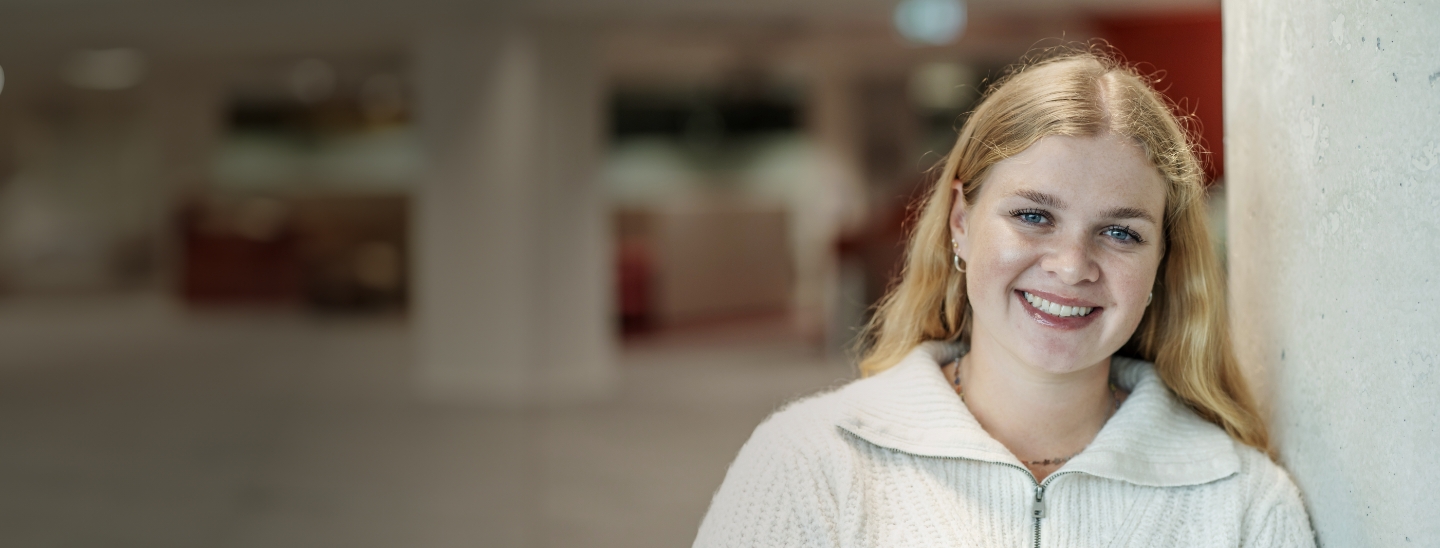
37 WEEKS (2 Terms)
55 WEEKS (3 Terms)
March / July / October
2 Terms CRICOS: 117460M
3 Terms CRICOS: 117459D
A$26,700* – (2 Terms)
A$39,900* – (3 Terms)
*Fees indicative for 2026
The General Foundation Studies Program is a university entry program designed for international students who have completed a minimum of year 11 or its equivalent.
Delivery mode: This course is delivered face-to-face/ on campus.
Please note: The Health Science & Nursing Foundation Studies program is now incorporated into the new General Foundation Studies course.
• Pass all the units including core and pathway specific
• Achieve a minimum GPA as required for entry to your intended Bachelor course program^
• Achieve a minimum grade requirement for specific unit/s as required for entry to your intended Bachelor course^
These criteria are subject to change.
^ Refer to the Offer Letter for details of the minimum GPA and grade requirement for the intended Bachelor program.
Learning Methods
Teacher-directed learning: Teachers use explicit teaching techniques to teach, Example: Lecture, presentation, interactive tutorials.
Group work: A structured learning environment that emphasizes specific outcomes and does not require teacher intervention involves two or more students working together.
Technology based Learning: Use of technology, such as computers and electronic devices to enhance the learning experience.
Lab based/Kinaesthetic Learning: Students undertake practical work which develops experimental and design skills data collection and analytical capabilities problem solving skills and professional practice.
Discussion: Group discussions that involve a full class or small groups of students, often led by peers.
Collaborative Learning: Collaborative learning incorporates activities ranging from classroom discussions to problem-solving in groups to working in teams to achieve common learning goals. Students exchange ideas, contribute opinions and critical feedback from their peers.
Problem Solving method: Students are involved in problem solving task based on course content. This approach prepares students to learn critical thinking and develop problem solving skills and acquire knowledge.
Student Research: Develops students’ skills of critical analysis and ability to make judgements and come to conclusions. This also helps students to recognise rapid changes in knowledge.
Role Play/Simulation: Simulated real-life scenarios where students assume a specific role or character in supervised environments to achieve common learning goals and also to create effective learning experiences for students.
Case Study/Case Method: It requires students to find realistic ways to solve realistic questions based on context, develop the ability to recognize different possible answers, and at the same time develop theoretical understanding and problem-solving skills.
More information about the General Foundation Studies Course Core Structure and Units.
Foundation Studies Student Guide
This guide is a well-structured resource that provides clear and concise information to support students in their studies and overall learning experience. It effectively helps students navigate challenges they may encounter during their initial period.
“The information is presented in a clear and easy-to-understand manner, and ensured I had all the student support information I needed”, feedback from a current Foundation Studies student.
Click here to view the student guide for Foundation Studies programs.
Western Sydney University International College delivers the General Extended Foundation Studies Program (CRICOS Course Code 117459D) and General Standard Foundation Studies Program (CRICOS Course Code 117460M) under its CRICOS Provider Code 03663C.
The Standard and Extended Foundation programs meet the requirements for Foundation Programs which have been registered on CRICOS for delivery in Australia to overseas students. They provide an academic preparation for seeking entry to first year undergraduate study or its equivalent.
Intellectual Property for some courses including material may be owned by Western Sydney University and are used by Western Sydney University International College in accordance with Licence Agreement.
This course is accredited by the Tertiary Education Quality and Standards Agency (TEQSA), and is authorised to be offered to international students studying on an international student visa, under the Commonwealth Register of Institutions and Courses for Overseas Students (CRICOS). Further information can be found on the TEQSA website.